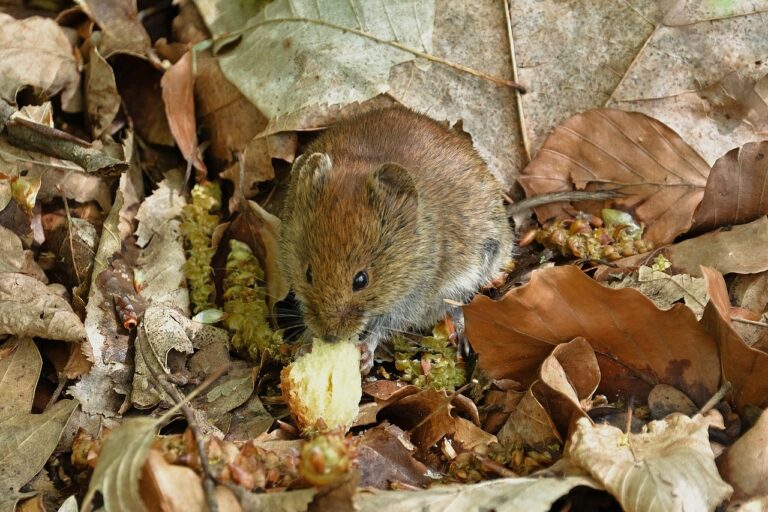How to Train New Beekeepers: Sky.247, Diamondexch9 com, Tiger exchange vip
sky.247, diamondexch9 com, tiger exchange vip: Are you interested in becoming a beekeeper? Congratulations on taking the first step towards this rewarding and important hobby! Beekeeping is not only a fascinating and enjoyable pastime, but it also plays a crucial role in supporting the health and well-being of our planet. As you embark on this new journey, it’s essential to learn the proper techniques and best practices for caring for your bees. In this comprehensive guide, we’ll walk you through everything you need to know to train new beekeepers effectively.
Getting Started with Beekeeping
Before you dive into beekeeping, it’s important to familiarize yourself with the basics. Here are some key steps to help you get started on the right foot:
1. Educate Yourself: Take the time to learn about bee anatomy, hive structures, bee behavior, and the different types of bees. You can find plenty of resources online, as well as beekeeping classes and workshops in your area.
2. Acquire the Necessary Equipment: To get started, you’ll need a bee suit, gloves, smoker, hive tool, and beehive boxes. Purchase high-quality equipment from reputable suppliers to ensure the safety and well-being of your bees.
3. Choose the Right Location: Find a suitable location for your beehive that is sheltered from strong winds and receives plenty of sunlight. Make sure the hive is easily accessible for inspections and maintenance.
4. Set Up Your Hive: Once you have all your equipment in place, assemble your beehive according to the manufacturer’s instructions. Install frames with foundation sheets for the bees to build their honeycomb.
5. Introduce Your Bees: Purchase a package of bees or a nucleus hive from a reliable supplier. Carefully transfer them into your hive, making sure to follow proper procedures to minimize stress and ensure a smooth transition.
6. Monitor Your Hive: Regularly inspect your hive to check for the health and productivity of your bees. Look for signs of disease, pests, or swarming, and take corrective action as needed.
Training New Beekeepers
Now that you’re set up with your hive and bees, it’s time to focus on training new beekeepers. Whether you’re mentoring a friend or family member or running a beekeeping workshop, here are some key strategies for effectively training aspiring beekeepers:
1. Hands-On Experience: The best way to learn beekeeping is through hands-on experience. Encourage new beekeepers to actively participate in hive inspections, honey extraction, and other tasks to gain practical skills and confidence.
2. Mentorship: Pair new beekeepers with experienced mentors who can provide guidance, answer questions, and offer support. A mentorship program can help new beekeepers navigate challenges and develop their beekeeping knowledge and skills.
3. Safety First: Emphasize the importance of safety when working with bees. Teach new beekeepers how to properly use protective gear, handle bees gently, and respond to stings. Encourage them to approach bees with respect and care.
4. Hive Management: Teach new beekeepers how to manage their hives effectively, including monitoring hive health, controlling pests, and preventing swarming. Show them how to conduct regular inspections and make informed decisions about hive maintenance.
5. Honey Harvesting: Guide new beekeepers through the process of harvesting honey from their hives. Demonstrate how to extract honey, filter and bottle it, and store it properly. Share tips on maximizing honey production and quality.
6. Community Engagement: Encourage new beekeepers to connect with other beekeepers in their community through local beekeeping clubs, workshops, and online forums. Networking with fellow bee enthusiasts can provide valuable support and resources.
7. Continued Learning: Stress the importance of ongoing education and professional development in beekeeping. Encourage new beekeepers to attend workshops, conferences, and seminars to expand their knowledge and skills. Encourage them to stay up to date on the latest research and best practices in beekeeping.
FAQs
Q: How often should I inspect my beehive?
A: It’s recommended to inspect your hive every 7-10 days during the active beekeeping season. Regular inspections help you monitor hive health, detect potential issues early, and take timely action to prevent problems.
Q: How do I prevent my bees from swarming?
A: To prevent swarming, ensure that your hive has enough space for bees to expand, maintain a healthy queen, and manage the hive population through proper colony management techniques. Monitor hive conditions regularly and take steps to address overcrowding or queen issues promptly.
Q: What should I do if my bees become aggressive?
A: If your bees display aggressive behavior, such as buzzing loudly, bumping into you, or stinging frequently, it’s essential to identify the cause of their aggression. Factors like disturbances, hive conditions, and environmental stressors can trigger aggressive behavior. Take steps to address the underlying issue and maintain a calm and cautious demeanor when working with your bees.
Q: How do I winterize my beehive?
A: To prepare your hive for winter, insulate it with a moisture-absorbing material, such as burlap or straw, to help regulate temperature and humidity. Reduce the hive entrance size to prevent heat loss and protect your bees from pests. Provide supplemental food like sugar syrup or fondant to ensure they have enough resources to survive the winter months.
Q: Can I keep bees in my backyard?
A: Yes, you can keep bees in your backyard, as long as you comply with local regulations and ordinances regarding beekeeping. Check with your city or town for any restrictions or guidelines on beekeeping in residential areas. Choose a suitable location for your hive that meets zoning requirements and is safe for both the bees and your neighbors.
In conclusion, training new beekeepers is a rewarding experience that helps promote the conservation and sustainability of bee populations. By following the tips and strategies outlined in this guide, you can empower aspiring beekeepers to become knowledgeable and skilled caretakers of their bees. Remember to emphasize hands-on experience, safety, mentorship, and continuous learning to support new beekeepers on their journey. Happy beekeeping!







